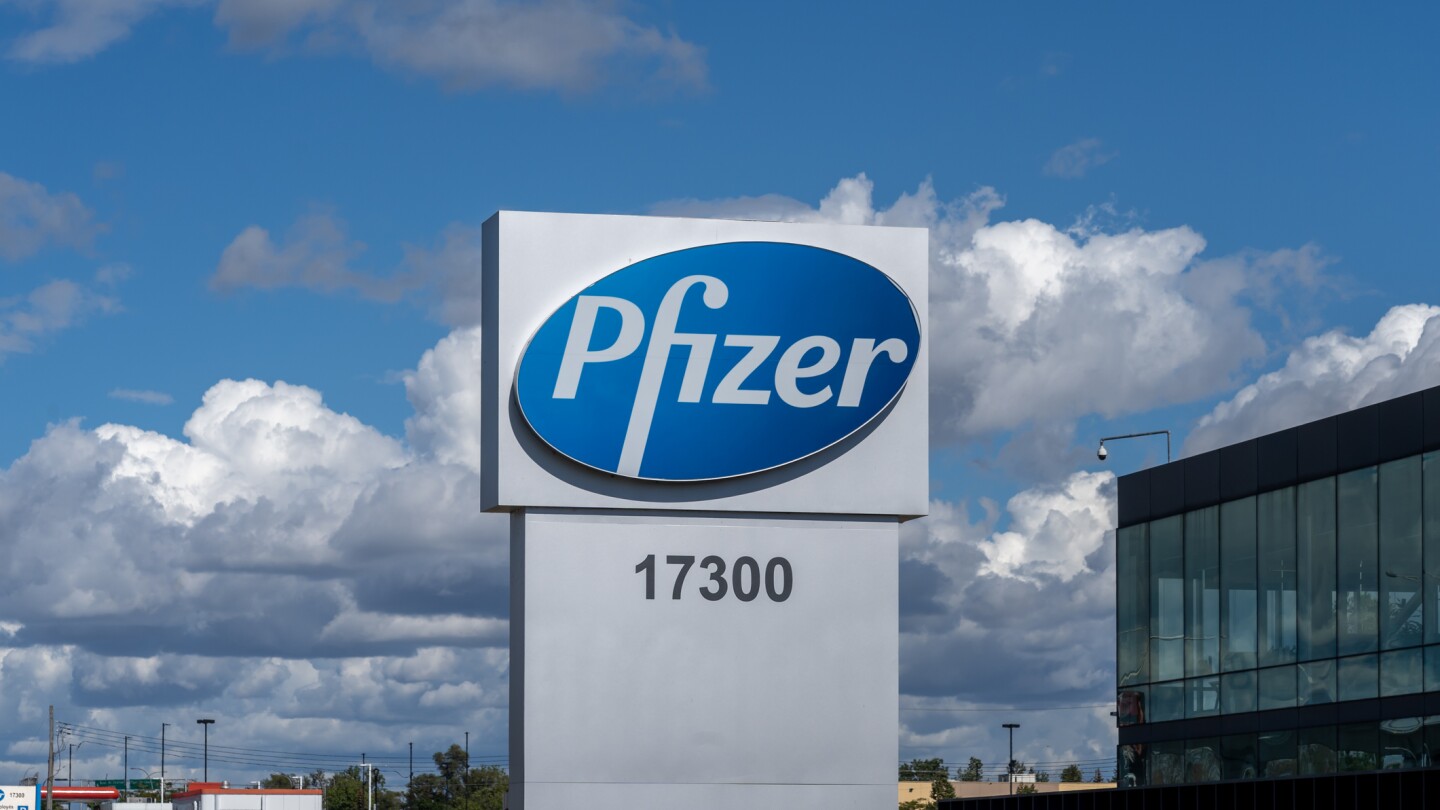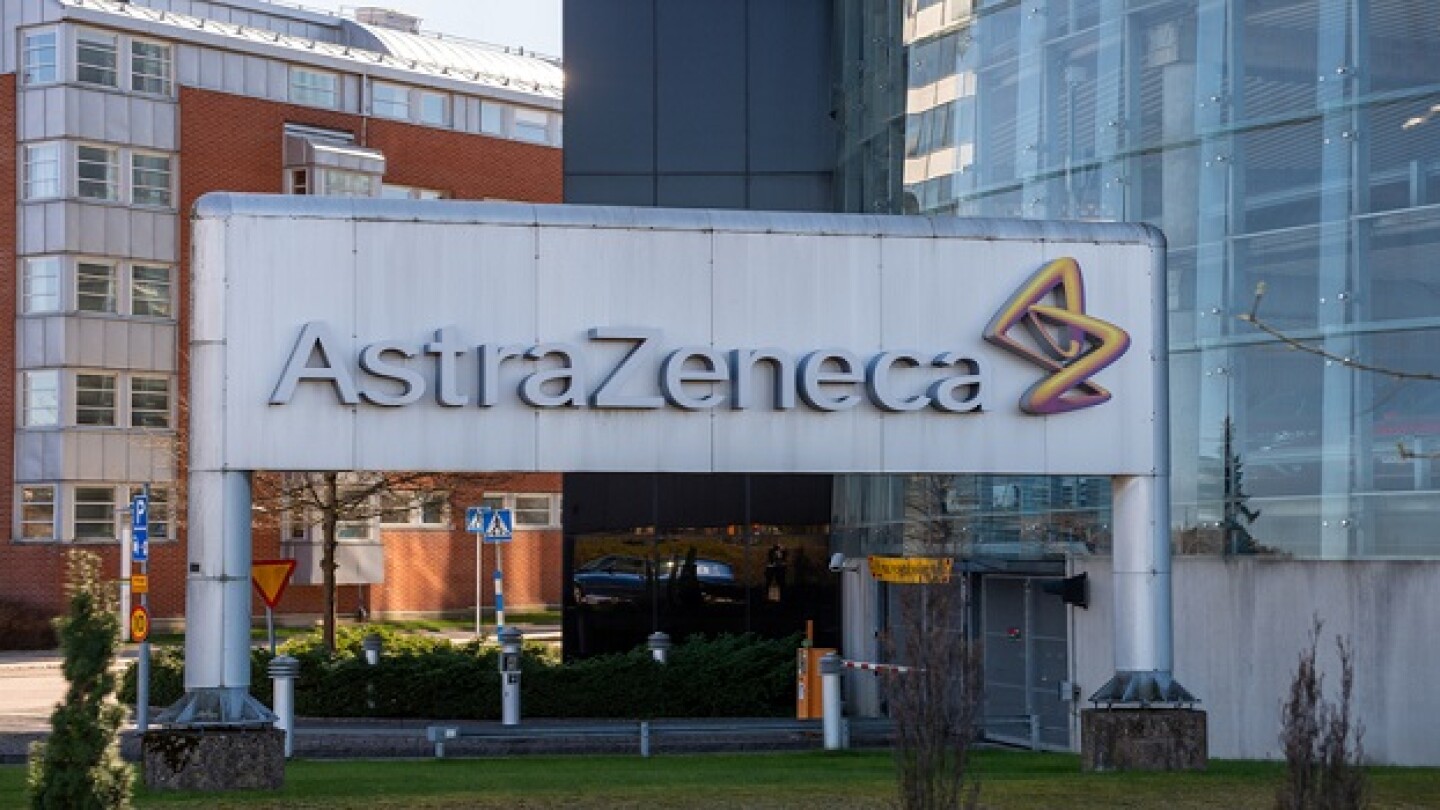Bladder cancer
Pfizer, Merck, AstraZeneca and Bristol Myers Squibb were among the many biopharmas showing off novel cancer modalities at ESMO, with antibody-drug conjugates, bispecific antibodies and kinase inhibitors demonstrating encouraging efficacy and safety for various cancers.
The FDA’s Oncologic Drugs Advisory Committee narrowly voted against the approval of Zusduri, citing the lack of a completely randomized study to back up the application.
Pfizer’s sasanlimab, when used with standard of care, reduced the likelihood of disease recurrence or progression, death due to any cause or persistence of cancer cells by 32% in patients with high-risk non-muscle invasive bladder cancer.
The targeted drug release device TAR-200 shows promising response and disease-free survival rates in specific populations of patients with non-muscle-invasive bladder cancer.
If approved, Pfizer’s sasanlimab will distinguish itself from Merck’s blockbuster Keytruda as the first PD-1 inhibitor indicated in combination with BCG for high-risk non-muscle invasive bladder cancer patients who had not previously undergone BCG treatment.
Madrigal Pharmaceuticals, X4 Pharmaceuticals and Day One Biopharmaceuticals secured their maiden approvals this year in metabolic dysfunction-associated steatohepatitis, WHIM syndrome and pediatric low-grade glioma. Geron Corporation and ImmunityBio also notched wins.
Protara is advancing a cell therapy that triggers both adaptive and innate antitumor immune responses, while CG Oncology’s approach makes use of an oncolytic immunotherapy that preferentially targets cancer cells and proliferates inside them, destroying them from the inside.
Bank of America analysts said prior to Thursday’s readout that Tyra Biosciences’ TYRA-300 could rival Johnson & Johnson’s kinase inhibitor Balversa, which has suffered from safety concerns and poor tolerability.
The move is a blow to Gilead’s cancer portfolio. Trodelvy, an antibody-drug conjugate granted accelerated approval for bladder cancer in 2021, failed its confirmatory trial earlier this year.
The result comes months after an FDA advisory committee flagged the risk of potential overtreatment with perioperative regimens.
PRESS RELEASES










